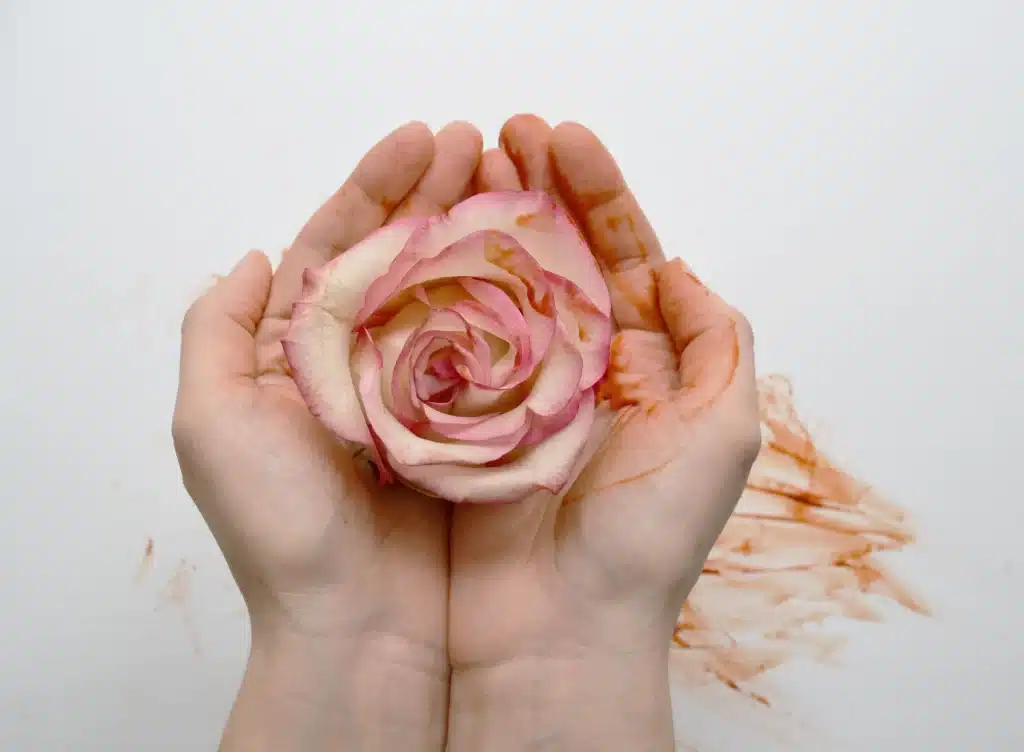Female genital mutilation (FGM) encompasses a range of procedures that involve altering or injuring the female genitalia for non-medical reasons. These practices are deeply rooted in cultural beliefs and traditions, and they vary in severity and complexity across different regions and communities. Understanding the different types of FGM is essential for raising awareness, advocating for its eradication, and providing support to survivors.
The World Health Organization (WHO) classifies FGM into four main types:
Type I, also known as clitoridectomy, involves the partial or total removal of the clitoris and/or the prepuce (the fold of skin surrounding the clitoris). This type of FGM is common in several countries, particularly in North and East Africa, and is often performed as a rite of passage or to control a woman’s sexuality.
Type II, known as excision, involves the partial or total removal of the clitoris and the labia minora, with or without the excision of the labia majora. This more extensive form of FGM is prevalent in many African countries, including Guinea, Mali, and Somalia. Like Type I, it is often carried out as a cultural tradition aimed at controlling women’s sexual behavior.
Type III, also referred to as infibulation, is the most severe form of FGM. It involves the narrowing of the vaginal opening by creating a seal, usually by cutting and repositioning the labia minora and/or the labia majora, with or without excision of the clitoris. The sealed opening leaves only a small hole for the passage of urine and menstrual blood. Infibulation is practiced in parts of East Africa, including Somalia, Sudan, and Djibouti, and is associated with numerous health complications.

Type IV encompasses all other harmful procedures performed on the female genitalia for non-medical purposes, such as pricking, piercing, incising, scraping, and cauterizing. These practices may not always involve the removal of tissue but can still result in physical and psychological harm. Type IV FGM is prevalent in various regions, including parts of Asia, the Middle East, and even immigrant communities in Western countries.

Each type of FGM inflicts significant physical and psychological harm on women and girls, often leading to lifelong health complications, including urinary problems, infections, painful intercourse, and complications during childbirth. Moreover, FGM violates fundamental human rights, including the rights to health, bodily integrity, and freedom from discrimination.
Efforts to combat FGM require a comprehensive approach that addresses the root causes of the practice, challenges harmful cultural norms and beliefs, and provides support to survivors. Education and awareness-raising initiatives play a crucial role in dispelling myths and misconceptions surrounding FGM, empowering communities to abandon harmful practices and uphold the rights and dignity of women and girls.

Additionally, legal frameworks and enforcement mechanisms are essential for prohibiting FGM, protecting at-risk individuals, and holding perpetrators accountable. By working together on local, national, and international levels, we can strive to eliminate FGM and ensure a future where every woman and girl can live free from violence and discrimination.




